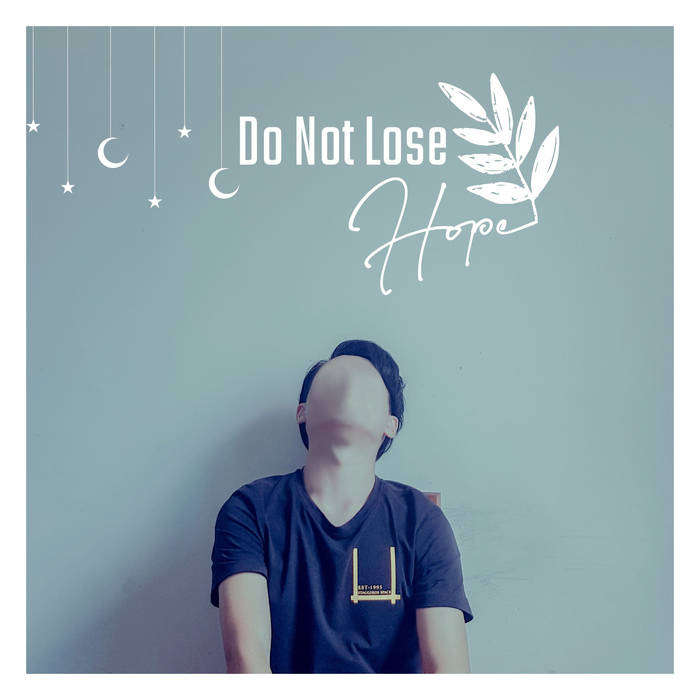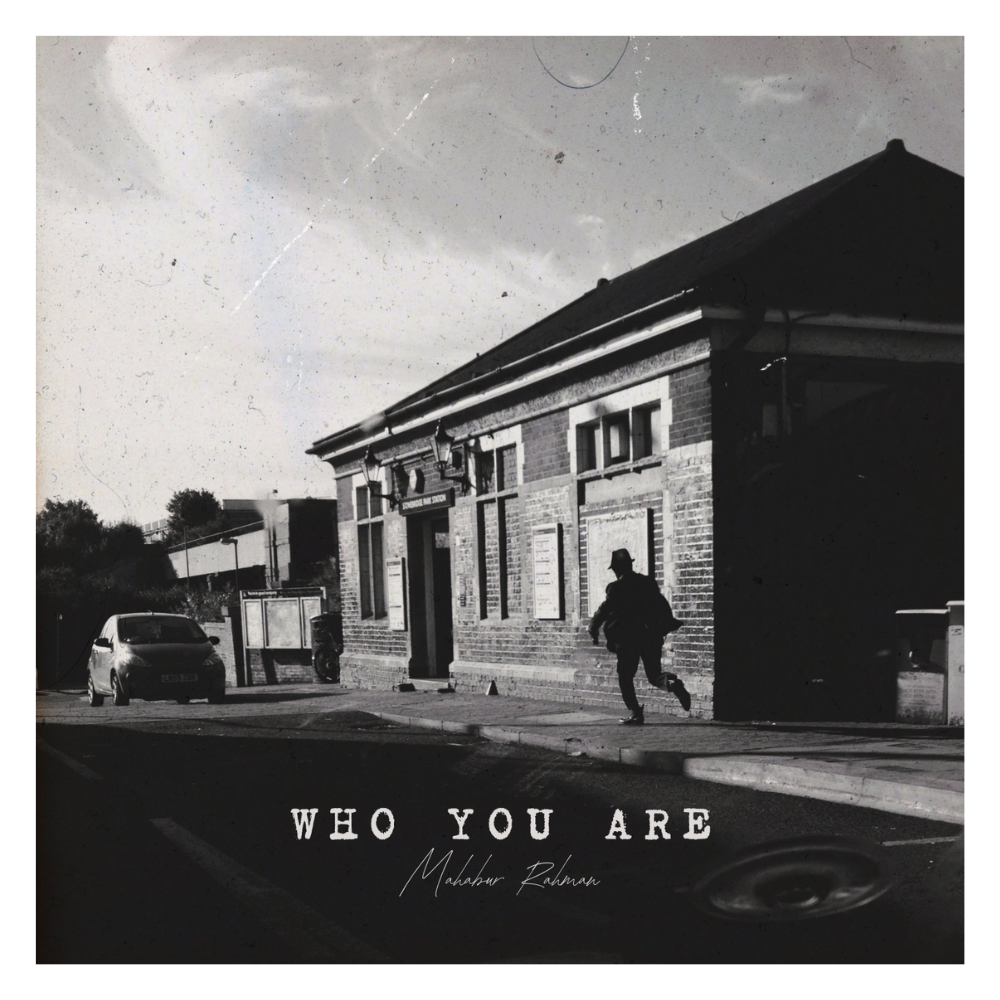After years of exploring Buddhism and Stoicism, I found myself drawn back to Islam in a way I never expected. Here’s how these philosophies led me to rediscover my faith and the truth that transcends them all.
In my early 20s, I became deeply immersed in exploring philosophy, particularly Buddhism and Stoicism. Today, I’d like to share how these philosophical traditions intersect with Islam and how they shaped my spiritual journey.
Born into a Muslim family, my early beliefs were not deeply rooted in Islam. However, as I delved into philosophy, I began to rediscover a profound, natural inclination towards seeking truth – a concept known in Arabic as Fitra. Fitra, the inherent human disposition towards truth and belief in God, played a critical role in my return to Islamic teachings.
Liberalism, Secularism, and the Search for Truth
During my philosophical exploration, I embraced the view that one could believe as they pleased, as long as they caused no harm. This notion, deeply ingrained in the liberal education system, aims to maintain harmony in diverse societies. Yet, I came to realize that while such a perspective promotes tolerance, it does not necessarily align with the pursuit of truth.
Secularism often presents itself as a neutral stance, creating a space for different beliefs to coexist. However, Islam sees secularism not as neutral but as a competing belief system – one that suggests religion is purely subjective while implying atheism is rational and objective. In contrast, Islam holds that there is an absolute truth – an undeniable reality that transcends individual perceptions.
Buddhism, Stoicism, and Their Alignment with Islam
Buddhism captivated me with its peaceful approach to life, centered around meditation and self-awareness. Its core teaching – that life is suffering and that freedom comes through overcoming attachment – parallels the Islamic principle of self-restraint. Both paths advocate detachment from worldly desires, with Buddhism pursuing liberation from suffering, and Islam seeking spiritual purification. While some core Buddhist ideas diverge from my beliefs, the shared emphasis on overcoming desires and finding inner peace was compelling.
Stoicism resonated with me deeply due to its focus on rationality, self-discipline, and acceptance of life’s nature. Even today, I identify with many Stoic principles and could be called a “Muslim Stoic.” Stoicism’s teachings on accepting what is beyond our control, developing virtue, and cultivating good character find strong echoes in Islamic teachings. Islam emphasizes the acceptance of destiny (Qadr), a deep understanding of virtue, and the development of noble character traits.
Both Buddhism and Stoicism place great importance on self-control and submission – values that align closely with Islam’s call to surrender to God’s will. Self-restraint, self-improvement, and reflection on life’s purpose are all bridges between these philosophies and Islamic teachings.
Challenging Secularism and Atheism as the “Neutral” Default
In many modern societies, secularism and atheism are portrayed as the default “rational” perspectives, whereas religious beliefs are seen as subjective and personal. From an Islamic standpoint, however, belief in God and acknowledgment of divine purpose are seen as the natural state of human existence. Secularism, therefore, is not a “neutral” or impartial stance – it’s a distinct worldview that often overlooks the innate inclination of Fitra, denying a fundamental aspect of human nature.
Emptiness, Loneliness, and the Search for Spiritual Fulfillment
Emptiness and loneliness are experiences that can shape our search for meaning. While psychology often suggests seeking meaningful relationships as a way to fill this void, it may only bring temporary relief. The feeling of emptiness persists because it points to a deeper spiritual longing. In Islam, this emptiness is not just a lack of social connection – it’s a sign of the soul’s innate need for God, known as Fitra. True fulfillment and lasting peace come from connecting to the divine – through remembrance, prayer, and aligning one’s life with a higher purpose. Only in this connection can the soul find the rest it truly seeks.
















